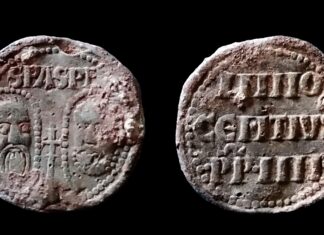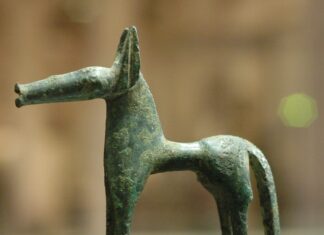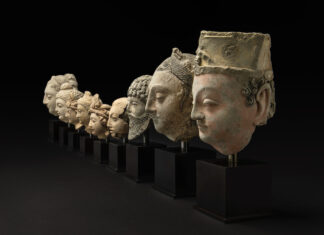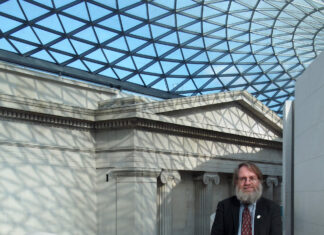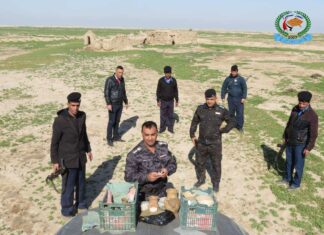Tag: Cultural Property Issues
New Milestone at Portable Antiquities Scheme: 1.5 Million Archaeological Objects
Since 1997, voluntary recording of found objects have been made to the Portable Antiquities Scheme. Now, the 1.5 millionth archaeological discovery made by the public was recorded. On this occasion, the British Museum reveals 10 of the most important discoveries.
Sotheby’s Cannot Sue Greece
For the first time, a US auction house tried to sue a state. The case primarily revolves around an ancient bronze sculpture, whose sale was prevented by Greece without sound reasoning. However, this case has also consequences for the coin market.
Help Making the US Reconsider Import Restrictions on All Roman Coins!
The US State Department plans to extend their import restrictions on all (!) Roman coins with the renewal of the current Memorandum of Understanding (MOU) between the United States and Italy. Let’s try to prevent this by commenting and make our voices heard!
“The Primary Task Is Documentation of Collections”
In the second part of Kate Fitz Gibbon’s interview with St John Simpson, the British Museum’s Senior Curator for the Middle East, we learn more about the role of fakes (also in the British Museum) and what should be done to fight illegal excavation helping thus collectors, too.
ISIS “Making Millions of Dollars Out of Traded Antiquities Is a Complete Myth”
St John Simpson, the British Museum’s Senior Curator for the Middle East, talks about the museum’s role as expert witness to looting. His view on the market’s role in trafficking illegal antiquities cuts across the ILLICID report.
The Global Art and Heritage Law Project
All countries have different cultural heritage laws. Do you need thoroughly researched first-hand information on how this subject is dealt with in let’s say Peru or Italy? Then browse the Global Art and Heritage Law Project of the Committee for Cultural Policy, available for free!
Antiquities Trafficking Much Smaller Than Thought Says New Report
The illicit trade in antiquities is much smaller, less organised, and more dispersed than previously thought. That is the conclusion of a new report by RAND Corporation, a major research organisation. And it explains where distorted ideas come from.
Success in the Fight Against the Faked Antiquities Market
British Museum and Border Force crack down on the emerging market in faked Middle Eastern antiquities. It’s easier and cheaper to make copies than to loot ancient objects.
Less Cultural Heritage Crimes Says WCO Report
IADAA has evaluated the World Customs Organisation’s 200-page Illicit Trade Report 2018. The data shows that this sector accounts for just 0.08% of all reported cases and seizures.
Business Model Cultural Property
A cultural event of superlatives: Egypt sends 166 objects of Tutankhamun around the globe. The revenues flowing back into the nation on the Nile are enormous. Whether Egypt makes best use of the money is an entirely different matter.



